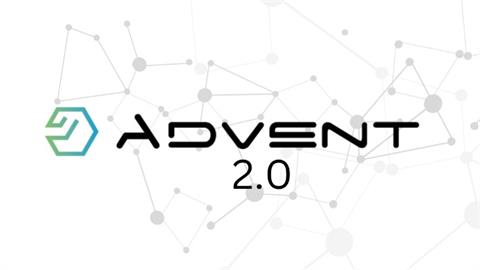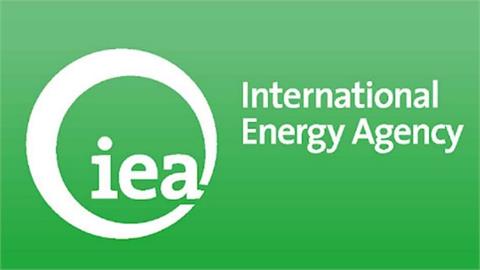by Jeffrey Bair* I love it when I come across something random during the day that points back to my work. (Here’s where the cynics will say, “Said no one, ever …” — but bear with me.) We’ve just past a solemn anniversary that led to great leaps forward in energy safety
I love it when I come across something random during the day that points back to my work. (Here’s where the cynics will say, "Said no one, ever …” — but bear with me.)
We’ve just past a solemn anniversary that led to great leaps forward in energy safety. Eighty-plus years ago on March 18, 1937, gas that had accumulated beneath the floors and in the walls of the London School in New London, Texas, exploded. Some 295 people, mostly teens and pre-teens, died. Workers rushed from the nearby oil fields to attempt rescues.
Most natural gas at that time had no odor. The disaster was instrumental in the decision to add mercaptan to gas. The podcast Stuff You Missed In History Class recently had an excellent take on New London, including this fact I never had known about the disaster: the school district had tapped into a waste natural gas line for heat, a fairly common practice of the day.
Accounts of the disaster, as cited in the podcast, tell of how much of East Texas stepped up that spring to assist New London. It was the Greatest Generation, indeed, which points me to my second story from that time.
My 9-to-5 is covering octanes. Oil companies put them in your gasoline to make your car move faster than a 1972 Datsun. It’s the alkylates and reformates that get the octane number for premium gasoline up toward 91 to 93.
Still stuck in the first half of the century, I came across the story of how Medal of Honor winner Gen. James Doolittle negotiated with Shell over the airplane fuel he thought was needed to win World War II. The story appears in "Masters of the Air,” the 2007 book by Donald L. Miller about the Eighth Air Force. The book provides part of the story for the upcoming Tom Hanks and Steven Spielberg series about the Eighth.
After organizing and flying in the post-Pearl Harbor raid on Japan, Doolittle turned his attention to fighters and the European air war. The American P-51s were built for speed but were not keeping up. Miller writes that Doolittle asked Shell for 100-octane gasoline for P-51s accompanying B-17s on raids over Germany.
Shell delivered, and the push from the octane helped the P-51s carry out Doolittle’s strategy of having the P-51s fly ahead of the bombers and clear the area over that day’s target. Some called it "clearing the box.” Miller writes the 100-octane fuel meant the Mustangs could fly faster and climb harder than anything the Germans had at the time.
This of course was well before the German military put jets into the
air. And now, three-quarters of a century later, Royal Dutch Shell
sends gasoline this way as part of the Transatlantic arb.
*Reporter at Platts
(platts.com, March 30, 2017)




